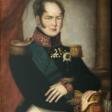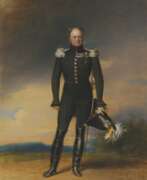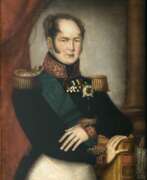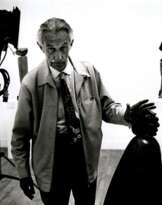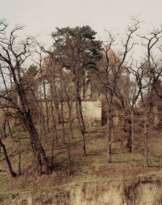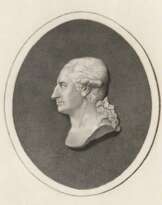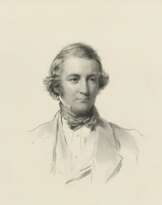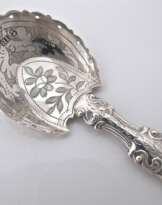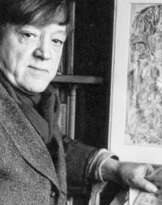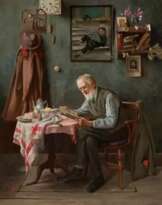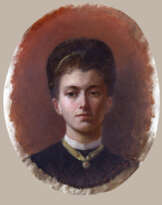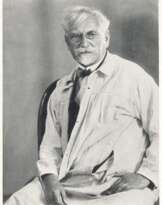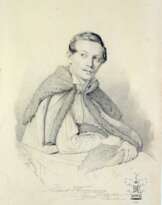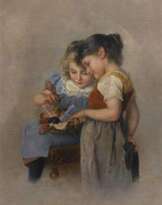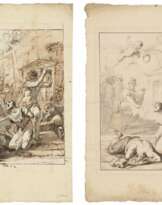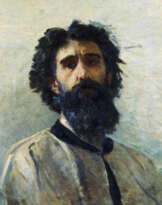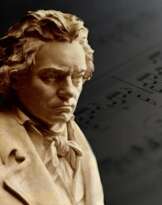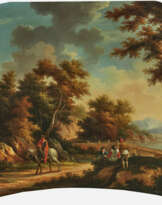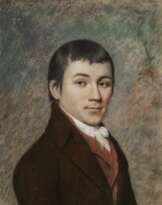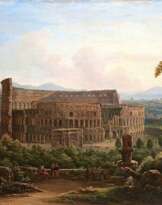George Dawe (1781 - 1829)
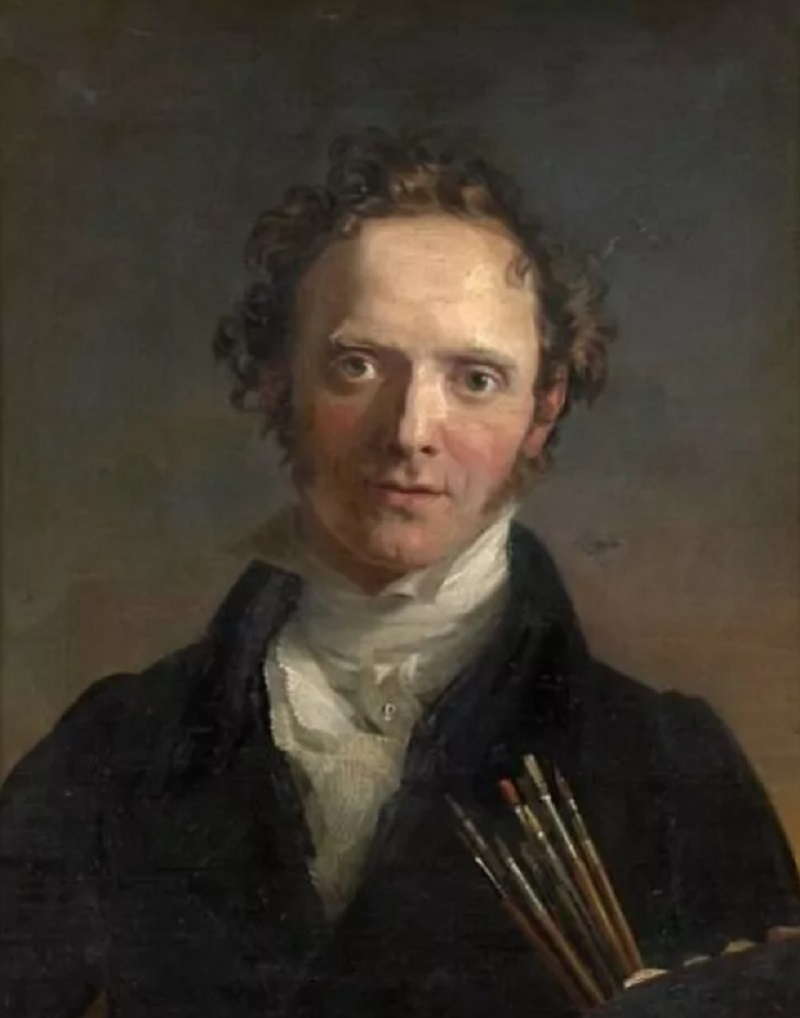
George Dawe
George Dawe was an English portrait artist, celebrated for his depictions of Russian military leaders. Born in 1781 in London, Dawe was a prodigy in engraving under his father's tutelage before shifting his focus to painting. He gained recognition at the Royal Academy of Arts and became a member in 1814.
Dawe's career reached international prominence when he moved to Saint Petersburg in 1819, following a commission from Tsar Alexander I. There, he created over 300 portraits for the Military Gallery at the Winter Palace, capturing the visages of Russia's elite during Napoleon's invasion. His works, praised for their historical value and artistic merit, are still displayed in the Hermitage Museum today.
Despite his death in 1829, Dawe's legacy persists, particularly in Russia, where he is regarded as a key figure in military portraiture. His works remain a significant part of cultural exhibitions and continue to attract scholars and art enthusiasts.
If you're fascinated by the rich history of art and the stories behind iconic portraits, consider signing up for updates on George Dawe. Stay informed about new sales and auction events that feature his masterful works. Your subscription will keep you connected to the world of historical art and its vibrant market.
| Date and place of birt: | 6 february 1781, London, United Kingdom |
|---|---|
| Date and place of death: | 15 october 1829, London, United Kingdom |
| Nationality: | United Kingdom, Russia |
| Period of activity: | XVIII, XIX century |
| Specialization: | Artist, Engraver, Painter |
| Art school / group: | English School |
| Genre: | History painting, Portrait |
| Art style: | Academism, Romanticism |
